The Pharmaceutical Society of Nigeria (PSN) was founded in 1927. The first president, Mr T.K.E Phillips, assumed office in 1947. The body was formally recognised as a professional association in Nigeria in 1956. The current constitution is official since 2020.
PSN is the umbrella body of all pharmacists in Nigeria. They fight for the welfare of pharmacists in Nigeria with regard to government policies. The motto of the PSN is “As men of honour, we join hands”. The administrative office of PSN is in Lagos, while the liaison office is in Abuja.
The PSN has two organs – the interest and technical groups. The Interest groups are Young Pharmacist Group (YPG), Association of Lady Pharmacists (ALPs).
The technical arms of the PSN are:
- ACPN (Association of Community Pharmacists of Nigeria)
- NAPA (Nigeria Association of Pharmacists in Academia)
- Association of Industrial Pharmacists of Nigeria (NAIP)
- The Association of Hospital and Administrative Pharmacists in Nigeria (AHAPN)
There are four types of members of PSN in Nigeria. They are:
- Full Membership: For pharmacists registered with the Pharmacists Council of Nigeria (PCN) and has fulfilled all obligations, such as due to PSN state and national body.
- Associate Membership: They are intern pharmacists.
- Affiliate Membership: Final year students of approved pharmacy schools in Nigeria.
- Honorary Membership: Open to non-Nigerian pharmacists who are registered in their country and have contributed to the growth of the pharmacy profession in Nigeria.
Any member whose name is removed from the register of PCN for any offence automatically loses membership of the PSN, this applies to mentally ill pharmacists.
PCN hold Annual General Meeting (AGM) at the National Conference every year. The quorum at the AGM shall be formed by 25% of the financial members that registered for the National Conference.
In some urgent situations, an Emergency General meeting or the Special General Meeting can be constituted and representatives from at least 12 states (including Abuja) must in attendance.
Major Difference between PCN and PSN
The Pharmacists Council of Nigeria (PCN) is a federal agency charged with the regulation of pharmacy education and practice, while the Pharmaceutical Society of Nigeria (PSN) is an association formed by pharmacists to fight for its cause. The operation of the PCN is guided by the Federal Law, and the staff are appointed by the federal government while the PSN operates through its own constitution, and its officials are elected by members.
The Aim and Objective of the PSN
- To maintain a high standard of professional ethics in all spheres of pharmacy practice.
- To establish and maintain a high standard of pharmacy education in Nigeria.
- To influence legislation for the enhancement of the image of the pharmacy profession and the pharmacy practitioners.
- To monitor policies of the government which may affect pharmacy practice and the pharmacy profession and ensure that they are favourable to the profession.
- To pursue the implementation of all laws and policies that enhance ethical pharmacy practice.
- Promotion and support for reforms in health, pharmacy, and medicines laws.
- To create mentorship programmes for newly qualified members for their smooth take-off as professionals.
- To do such other things as may be consistent with or which may be incidental to the achievement of the aims and objectives of the society–including raising funds and owning property.
Leadership of PSN in Nigeria
The President of Nigeria is the Grand Patron of PSN. The governing Council of PCN is composed of:
- The President of Pharmaceutical Society of Nigeria
- The Immediate Past President (IPP) of the PSN
- All State Branch Chairmen/Secretaries (including FCT).
- All the elected members of the National Executive Committee (NEC).
- The Chairman, Board of Fellows.
- Chairmen of the recognized Technical Groups, Interest Groups, Organs, Bodies or subsidiaries of the PSN.
- The Executive Secretary of the West African Post Graduate College of Pharmacists and/or National Post Graduate College of Pharmacists.
- Directors of Pharmaceutical Services or Chief Pharmacists (by whatever name the most senior pharmacist is identified) of all the States, including the FCT.
- The Registrar of the PCN
- All Deans of approved Schools/Faculties of Pharmacy of Nigerian Universities.
- The National President of the PANS or his representative.
- A representative from the Teaching Hospitals’ Pharmaceutical Services.
- The Director-General of the National Institute of Pharmaceutical Research and Development (NIPRD) (who must be a pharmacist).
- The Director, Food and Drugs Department of the Federal Ministry of Health.
- The most senior pharmacist in the Federal Ministry of Health (FMOH), where the Director is not a pharmacist.
- A representative of the Armed Forces, the Customs and the Nigeria Police Force who must be pharmacist.
- Chairman, Pharmacists Council of Nigeria (PCN)
- PSN representatives in the PCN.
- The Secretary General of the West African Postgraduate College of Pharmacists and/or National Post Graduate College of Pharmacists.
- Director-General/Representative of the NAFDAC (who must be a pharmacist).
- Without prejudice to the offices and officials mentioned above, only members of the Pharmaceutical Society of Nigeria who are financially up-to-date can attend the Council meeting of the PSN.
The council has functions of organising the AGM, determining the policies of PCN, awarding of Fellowship to deserving members, and deciding the budgets.
The National Council Meeting of the PSN holds three times a year, and the quorum of the meeting is one-quarter of the members. In the case of an Emergency Council Meeting, the quorum is one-fifth of members.
Officers of the PSN
To become an officer of the Society, the candidate must have held office at the State branch, or any of the Technical or Interest Groups of the Society for at least three (3) years, while also being a financial member for the last 3 years. The tenure must not exceed 3 consecutive years in that particular office or six (6) years in the Society. The officers of the PSN are:
- a. The President
- b. Deputy President (North)
- c. Deputy President (South)
- d. National Treasurer
- e. National Secretary
- f. Assistant National Secretary
- g. National Publicity Secretary
- h. National Financial Secretary
- i. Editor-in-Chief
- j. Internal Auditor
- k. The Unofficial Members (2)
- The Immediate Past President (IPP) of the PSN
The National Executive Council (NEC) meets four to six times in a year, and the quorum of the meeting is seven members. This must include the President or Deputy President, the National Secretary or the Assistant National Secretary.
The President of the PSN
To be eligible for the office of the Society’s President, the pharmacist must be in the Council for at least 3 years, and have at least 15 years post-graduation experience in the profession. The president is the chief spokesperson and accounting officer of the Society.
The current President of the PSN is Pharm(Prof) Cyril Odianose Usifoh, FPSN, FPCPharm, FNAPharm (as of Feb. 2022)
Pharmacy Advisory Committee (PAC)
This Committee advises the President of Nigeria on issues pertaining to pharmacy, and also fight for the interest of the PSN at the national level. The members of the Presidential Advisory Committee are:
- a. The President of PSN
- b. Three (3) Past Presidents
- c. The Chairman of the Board of Fellows
- d. Secretary of the Board of Fellows, who shall be a Secretary of the PAC
- e. Representative of YPG
- f. Representative of ALPS
- g. Representative of DPSs Forum
- h. Representative of Deans Forum
- i. Three other distinguished Pharmacists nominated by the President
- One of the Past Presidents shall be the Chairman of the PAC

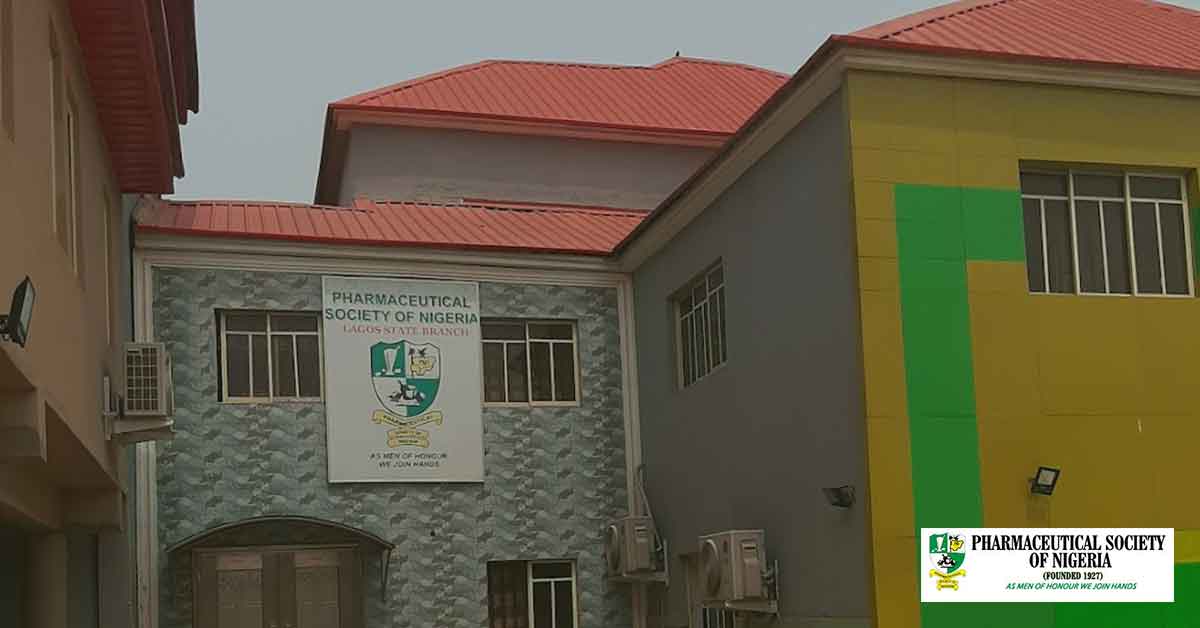
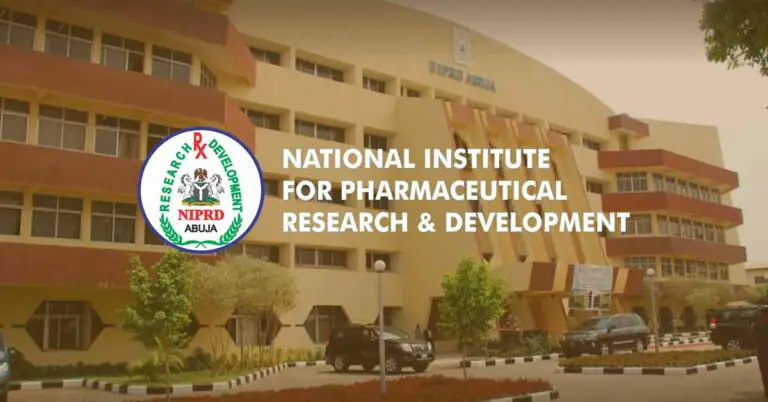
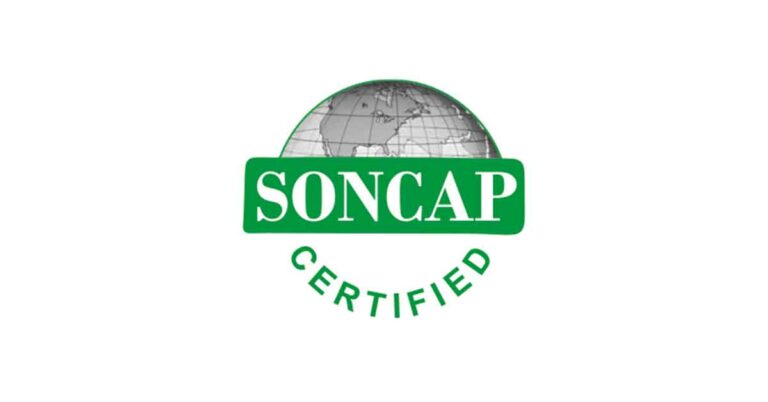
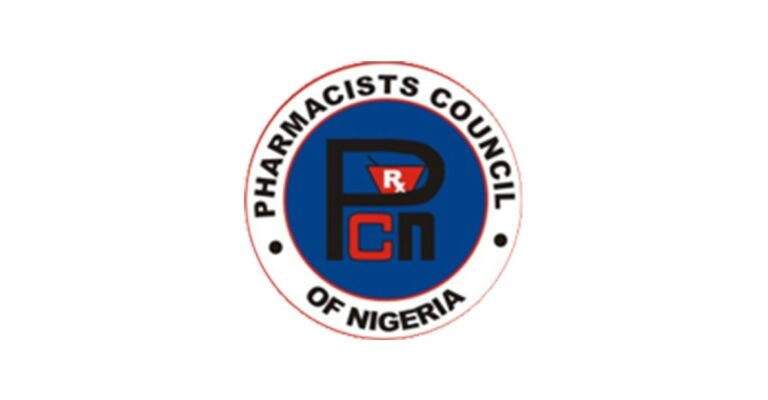
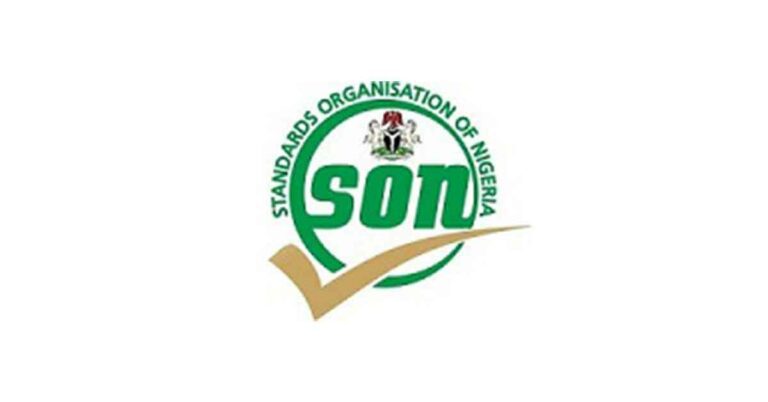

Can you please do an article or send the list of all the PSN presidents since 2000